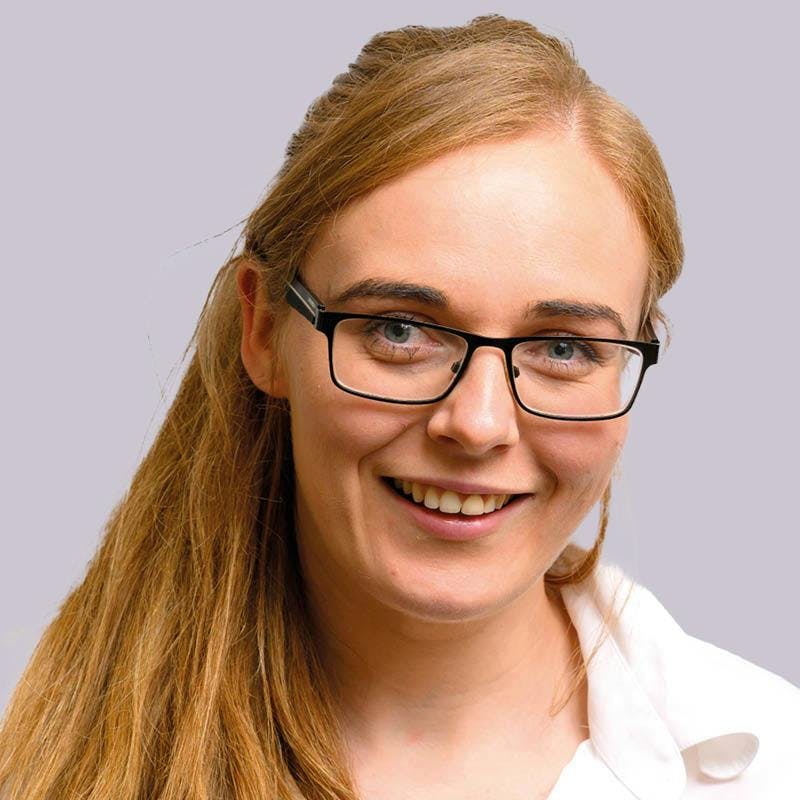Cerebral palsy: Moving forward after birth injury
By Lorna Greatbatch, Paisley Laws
Over seventeen million people are diagnosed with cerebral palsy, with around 2-2.5 in every 1,000 children in the UK being born with the condition each year.
Although there are varying figures as to the number of cases caused by clinical negligence, it is estimated that 10 to 20% of diagnosed cases are due to negligence - a figure that is far too high.
What causes cerebral palsy?
can occur if a baby’s brain does not develop normally in the womb, or if there is damage to the brain before, during or shortly after birth.
In most children with cerebral palsy, this is congenital and could not have been known about before birth or avoided but in those cases where there has been negligent care children have suffered neurological, often significant and sometimes catastrophic, life-changing injury.
The key causes of injury include:
- The brain temporarily not getting enough oxygen (asphyxiation) during a difficult birth.
- An infection during pregnancy such as meningitis
- A serious head injury
- A very low blood sugar level (hypoglycaemia)
- A stroke
- Premature birth
Symptoms
is a life-changing condition that affects movement, posture coordination, and communication. The severity of symptoms varies and will present differently in each individual
Those with the condition have a wide variety of symptoms but the main ones include:
- Lack of muscle coordination when performing voluntary movements
- Stiff or floppy muscles and exaggerated reflexes
- Weakness in the arms or legs
- Shaking, tremors and muscle spasms
- Delays in reaching development milestones.
- Difficulty with precise movements such as writing.
- Resulting fatigue
Life with cerebral palsy
Living with someone with can be physically as well as mentally demanding. Many individuals with require lots of care and assistance in their everyday lives. Some will require regular medication and help with feeding and personal care and some will require help with communication and mobility
At Switalskis, we take the time to get to know each of our clients and their families to gain a good understanding of their needs. We look to instruct a case manager, who we work closely with to implement care, equipment, and therapies to support our clients and their families.
Many of our clients want to take part in activities that they would have engaged in had they not been injured. Exercise is a good example of an activity that can greatly benefit people with cerebral palsy. The benefits of team sports can be particularly good as they can help boost self-esteem, increase socialisation, and ensure that people who are suffering from know they are not alone. Physical activity also improves mobility, reduces pain and stiffness, and in some cases involuntary movements. It can help those with to test their physical boundaries and discover ways to adapt and consequently see an improvement in their physical capabilities. This can then translate from exercise into improving the quality of their everyday life. Exercise for those with cerebral palsy can also minimise the long-term effects of cerebral palsy, both in terms of the risk of developing chronic health conditions that can worsen without regular fitness and also preventing further deterioration due to a decrease in fitness levels and the use of the affected muscles
At Switalskis, we encourage our clients to engage in physical therapy and look to secure payments (where liability has been admitted) to fund the equipment that they need.
We are also proud supporters of Leeds Powerchair FC and became involved with the club when assisting a client with in 2017.
We have seen the benefits of physical activity first-hand as our clients seem much happier from partaking in sports. We encourage everyone suffering from not to be afraid to start exercising.
How we work with our clients to improve their lives after injury
At Switalskis we understand the impacts has on all members of the family and will strive to help you achieve the compensation you deserve as well as ensure you are supported throughout.
If you believe that your child has been a victim of clinical negligence , which has resulted in a diagnosis of cerebral palsy , it's crucial to take that first step towards securing compensation to support their future. Switalskis is here to guide you through the litigation process, providing expert advice, emotional support, and strong representation to achieve the best possible outcome.
To speak to one of our specialist cerebral palsy solicitors about your situation in confidence, call us on 0800 1380 458, or contact us through the website.





